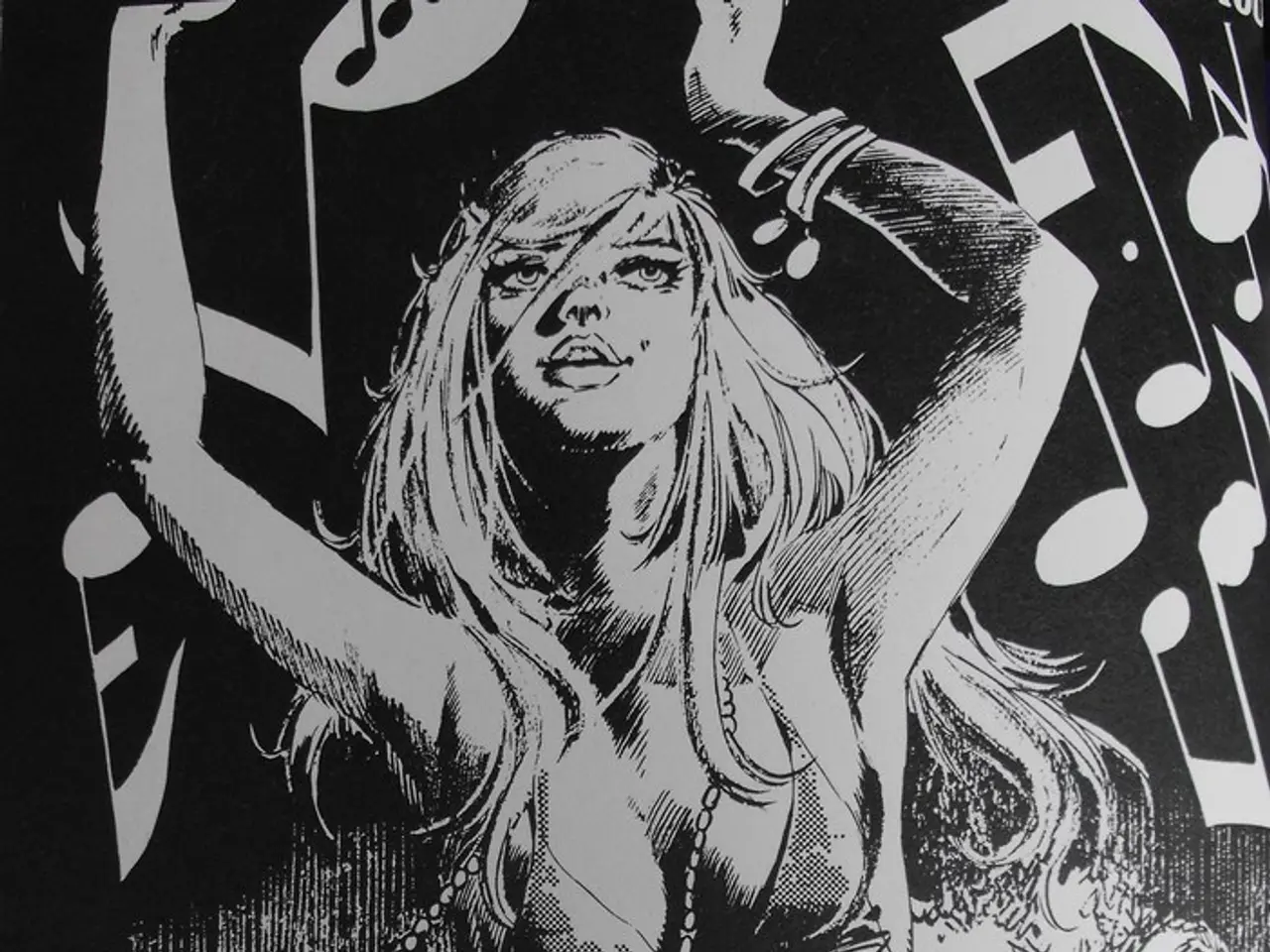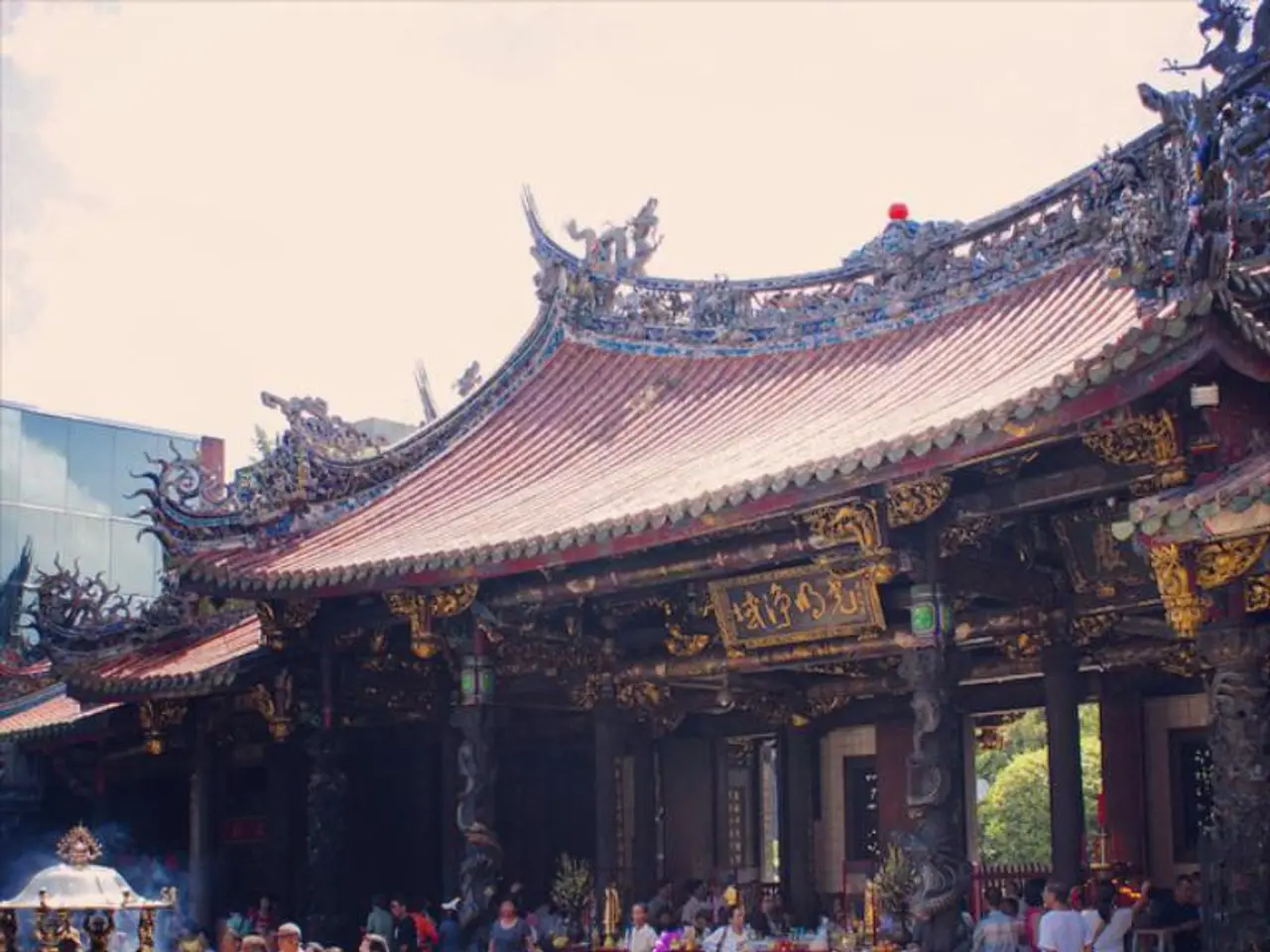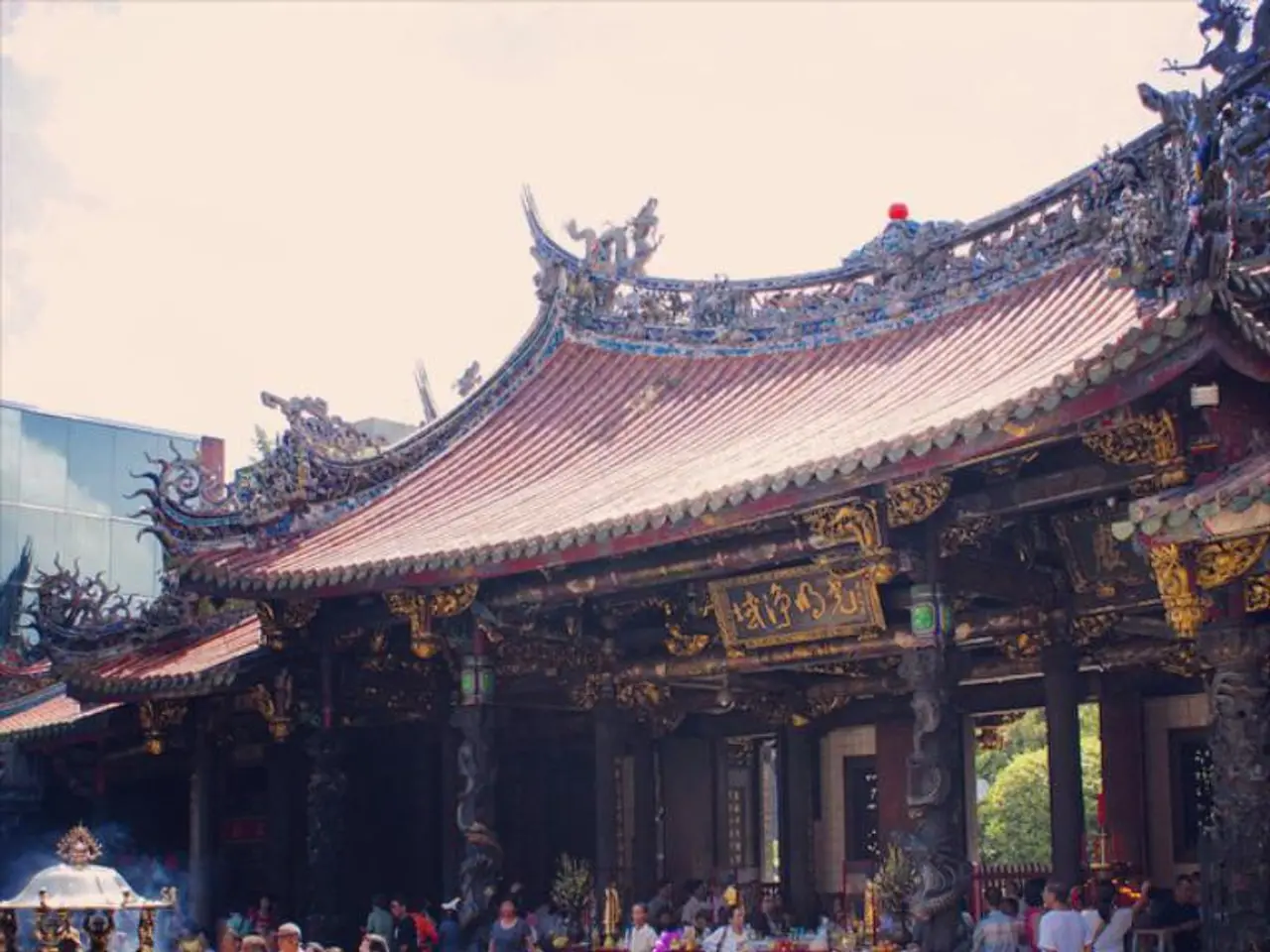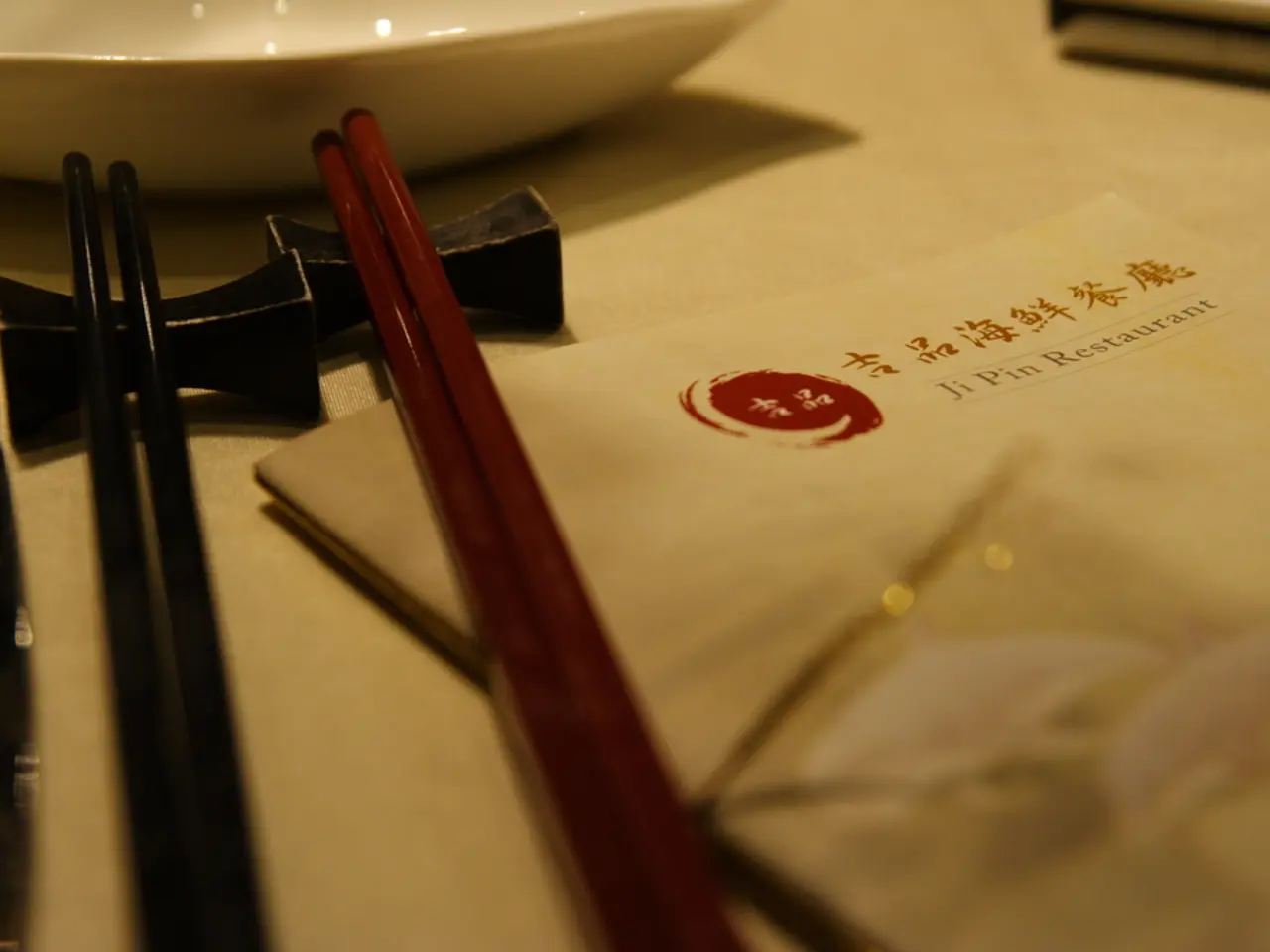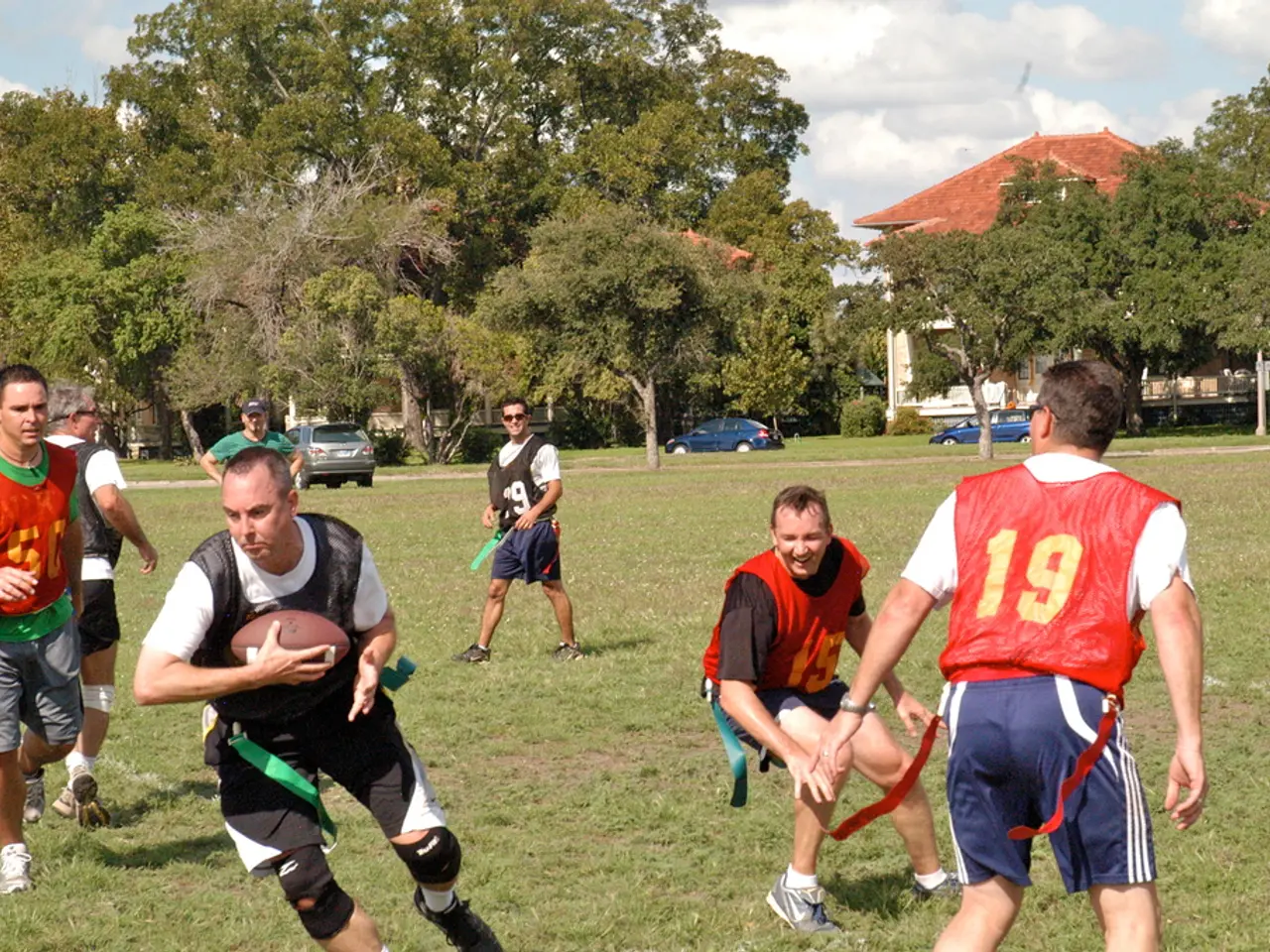Upheaval and Construction
Dmitri Shostakovich's "Festive Overture, Op. 96": A Celebratory Symbol of Soviet Pride
Dmitri Shostakovich's Festive Overture, Op. 96, composed in 1954 for the Bolshoi Theatre's celebration of the 37th anniversary of the Russian October Revolution, stands out as a lively and exuberant piece in his oeuvre[1]. This overture, later used as the musical signature theme and title tune of the 1980 Moscow Olympics, symbolised a grand and triumphant atmosphere aligned with Soviet pride and international showcasing during the games[1][5].
The Festive Overture exemplifies Shostakovich's ability to navigate official expectations by composing works that could publicly celebrate Soviet achievements and ideology. While some of his compositions expressed profound personal and political commentary under censorship, this overture was more straightforwardly optimistic and celebratory, fitting well with state-sanctioned events like the October Revolution anniversary and later the Olympics[1][2].
Shostakovich's career was marked by complex interactions with Soviet authorities—sometimes under pressure and censorship, as seen in his Symphony No. 5 which balanced artistic expression and political acceptability[2]. The Festive Overture, however, was a relatively unambiguous piece that aligned with official Soviet celebrations, demonstrating his ability to produce music supportive of public and ideological events while maintaining his compositional brilliance[1][2].
The revolution of 1917 had a profound impact on Shostakovich, making him feel called upon to compose[10]. The liberal era of progressive cultural policy under Lenin greatly fuelled Soviet culture and the arts, but was instrumentalized and standardized by Stalin after 1929[8]. Shostakovich was a sympathizer of the Russian Revolution and the early Bolshevik Soviet Union[9].
The Festive Overture was not Shostakovich's only work to reflect this celebratory tradition. The Seventh Symphony, known as the "Leningrad" Symphony, was written during the 900-day siege of Leningrad by the German Wehrmacht[3]. The symphony was dedicated "to our struggle against fascism, to our inevitable victory over the enemy, and to Leningrad, my hometown."[4]
In 1967, Shostakovich stated that the revolution made him a composer[7]. However, there is a narrative in the West that links Shostakovich's name with his antipode Stalin, largely due to questionable "memoirs" published in the 1970s[6]. Shostakovich's widow, Irina Antonovna Shostakovich, has stated that these memoirs were likely a forgery, as their author, Solomon Volkov, had only met Shostakovich a few times[6].
Shostakovich died on August 9, 1975, in Moscow at the age of 68[5]. The Festive Overture remains one of the most frequently played pieces by Shostakovich in Russia[2]. In May 2021, the Leipzig Gewandhaus Orchestra performed the Festive Overture at the beginning of their 18-day Shostakovich festival[11]. The overture's enduring popularity and significance in Russian culture serve as a testament to its lively, exuberant character and Shostakovich's unique compositional talent.
References:
- BBC News
- The Guardian
- Classic FM
- Britannica
- NPR
- The Telegraph
- The New Yorker
- The Washington Post
- The New York Times
- The Atlantic
- Leipzig Gewandhaus Orchestra
If one were to explore Shostakovich's oeuvre beyond the Festive Overture, they might find other works that exhibit a celebratory theme. For instance, the Seventh Symphony, affectionately named the "Leningrad" Symphony, shares this characteristic. (books: "Exploring Shostakovich's oeuvre beyond the Festive Overture"; "the Seventh Symphony, affectionately named the 'Leningrad' Symphony")
In addition to being performed at the 1980 Moscow Olympics, the Festive Overture could also be found in a domestic setting, serving as a source of entertainment alongside books, music, and other media. (entertainment: "In a domestic setting, the Festive Overture could also be found serving as a source of entertainment"; music: "alongside books, music, and other media")
